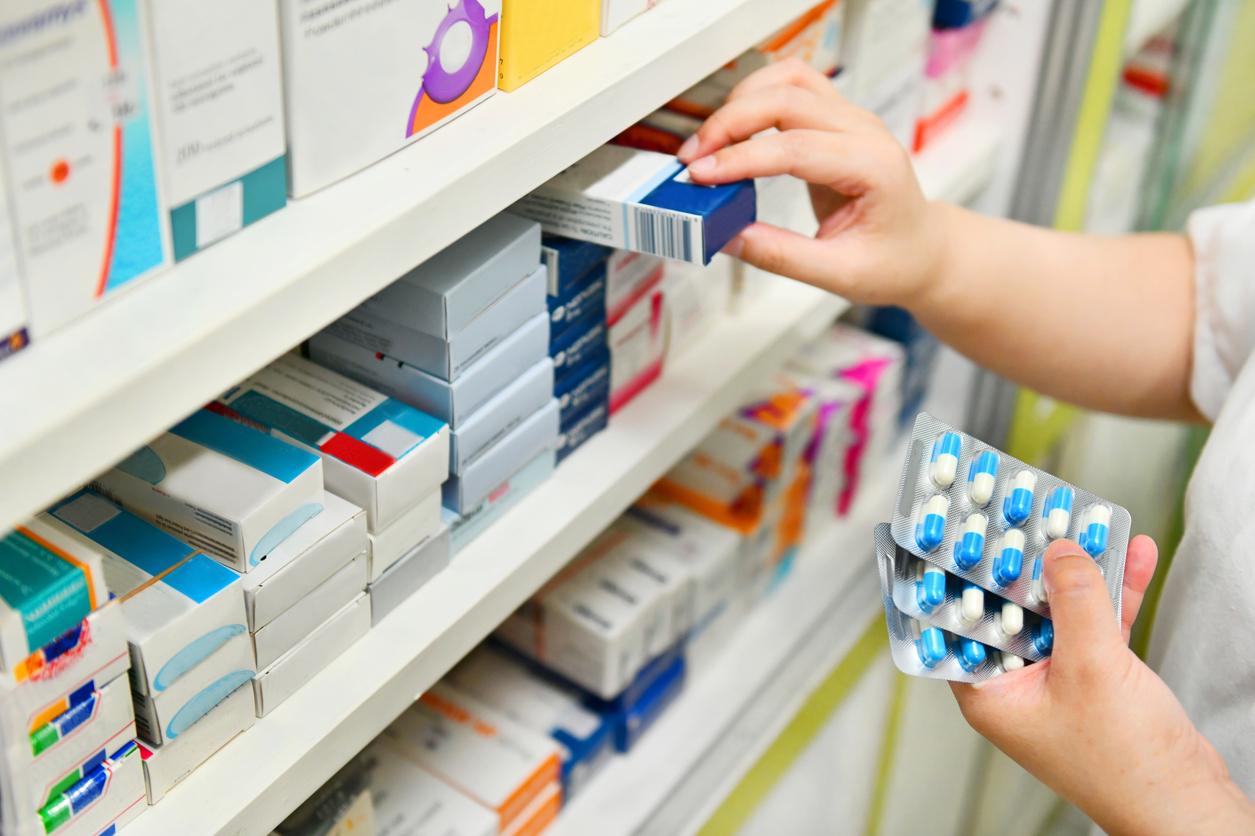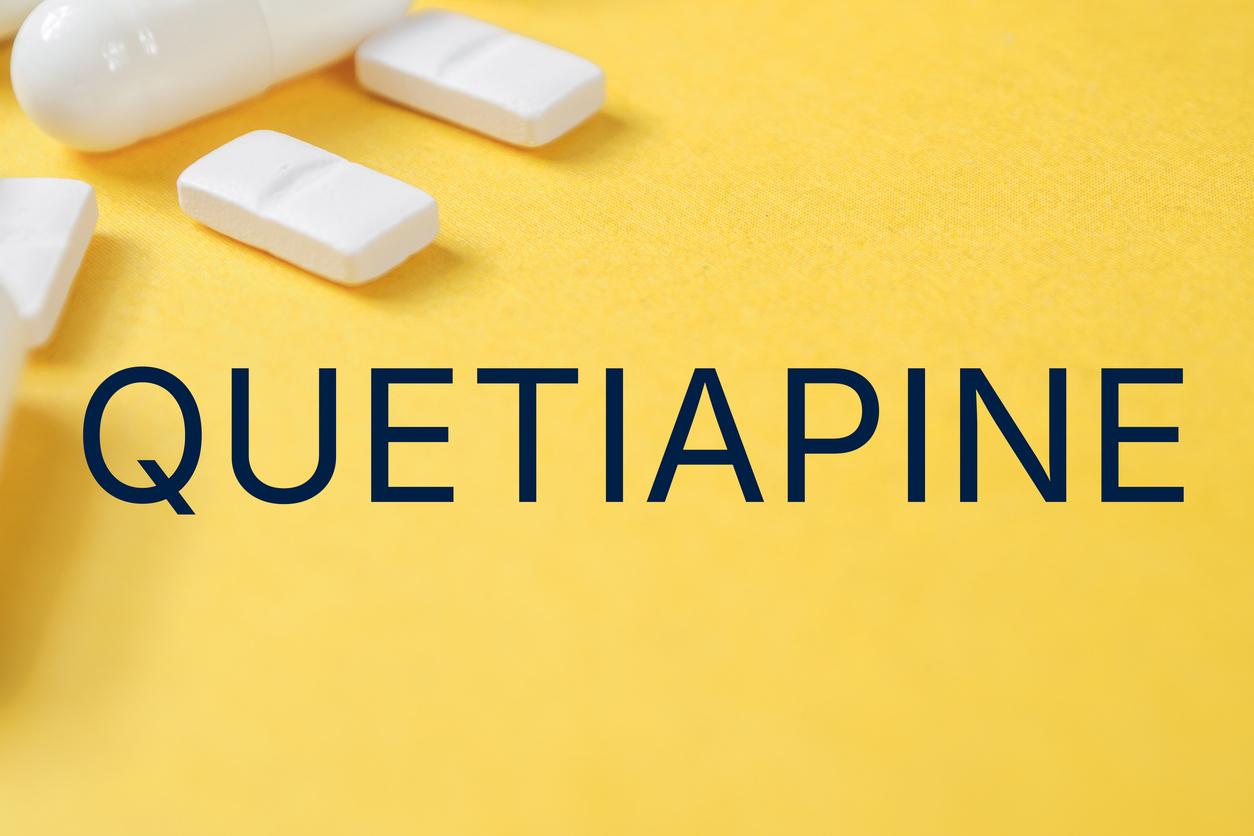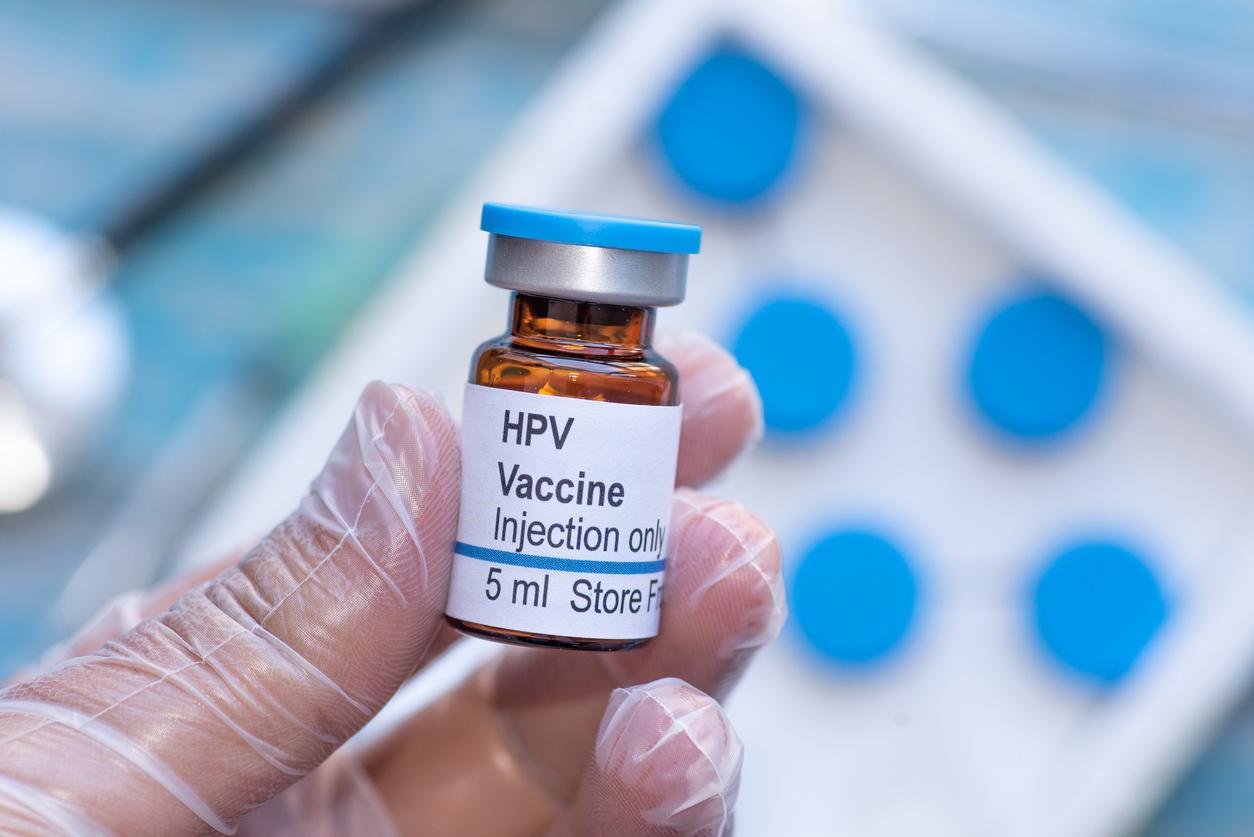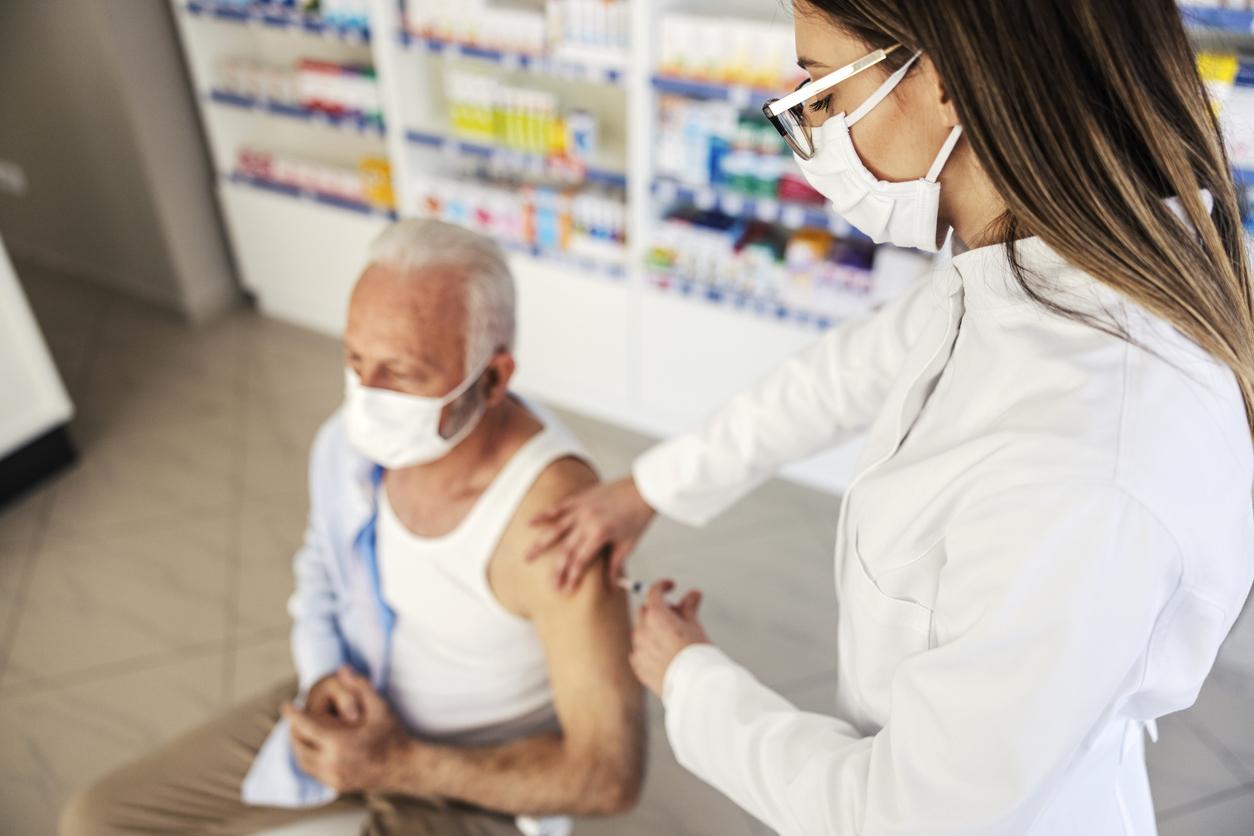A 30% increase in drug stockouts in France in 2017 compared to 2016. For cancer drugs, this is the case, for example, with 5FU or vincristine. For antibiotics, it is, among others, amoxicillin. For Parkinson’s, it’s Sinemet®. An insane and yet largely predictable situation.
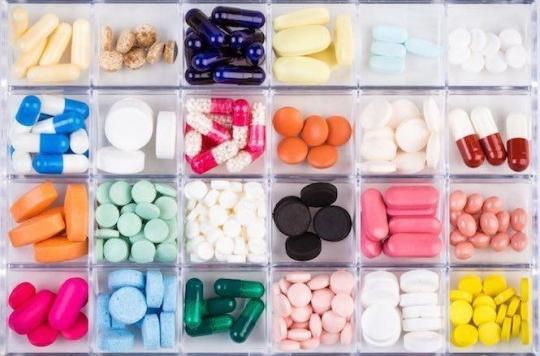
530 drug stock-outs were reported in France in 2017many of which concern drugs “of major therapeutic interest”, in particular anti-cancer drugs, antibiotics, anti-Parkinson drugs and vaccines, an increase of 30% compared to 2016. 200,000 patients suffering from Parkinson’s disease , and united in a collective, denounce this ludicrous situation.
These are not new products, the non-availability of which is most often associated with economic problems of access to the market in the first years. These are old products whose therapeutic use is considered to have a major contribution and whose consumption we know almost in advance. But these difficulties concern all drugs and vaccines, whether they are drugs of vital interest (known as “drugs of major therapeutic interest”) mainly dispensed in hospitals, or drugs for daily use sold in pharmacies.
For cancer drugs, this is for example the case of 5FU or vincristine. For antibiotics, it is, among others, amoxicillin. “Among anti-infectives, the particular class of vaccines has also been subject to stockouts and/or supply tensions since 2015,” adds the ANSM. But it is also the anti-parkinsonians and the association France Parkinson alerts public authorities to stock-outs that prevent the treatment of patients.
Loss of chance
“These shortages lead to unacceptable loss of opportunity for patients and endanger the quality and functioning of our health system. Due to the relocation abroad of most drug production structures, it is the health independence of our country which is now called into question”, indicates the Senate.
The anticancer drug Ametycine®, for example, cannot be found, and the consequences are significant: the patients must undergo a cystectomy (removal of the bladder which doubles that of the prostate in men), a heavy intervention on the human level and financial.
A significant shortage of Sinemet® worries associations of patients suffering from Parkinson’s. This treatment, prescribed to 60% of the 200,000 patients, is currently out of stock and will not be replenished until March 2019. On September 19, theNational Medicines Safety Agency (ANSM) has announced the implementation of an action plan and a timetable for disruption in order to avoid any interruption of treatment in the patients concerned, but the patients declare that this timetable is not even kept.
Numerous and multifactorial causes of ruptures
According to the Order of Pharmacists, the causes of these ruptures are “numerous and multifactorial”. Among the main ones, the insufficient production capacity, the delay in production, the inability to produce (lack of raw materials responsible for 17% of ruptures according to the ANSM). 70% of the molecules used to manufacture the treatments are manufactured in the United States or Asia, on a limited number of sites. The slightest problem in a factory spells disaster.
The phenomenon is aggravated by the principle of tense flows: to avoid costs linked to stocks, laboratories reduce them as much as possible, while global demand increases. The Order also cites the globalization of demand and the free movement of goods: when the quantities of drugs are too limited and the demand tight, laboratories prefer to sell to the countries with the highest bids. This is not the case of France.
Measures to improve surveillance
The United States, faced with the same problem, has already reacted and put in place solutions which seem to be bearing fruit. It is urgent that France, and more broadly the European Union, take the necessary measures for the good of the patients who live with difficulty in these situations”, explains the National Academy of Pharmacy.
To deal with the situation, the Senate created an information mission which made proposals. The main ones aim to relaunch local pharmaceutical production, establish a public program for the production and distribution of a few essential drugs, empower manufacturers, facilitate the professional practice of distributors and develop European cooperation.
.









